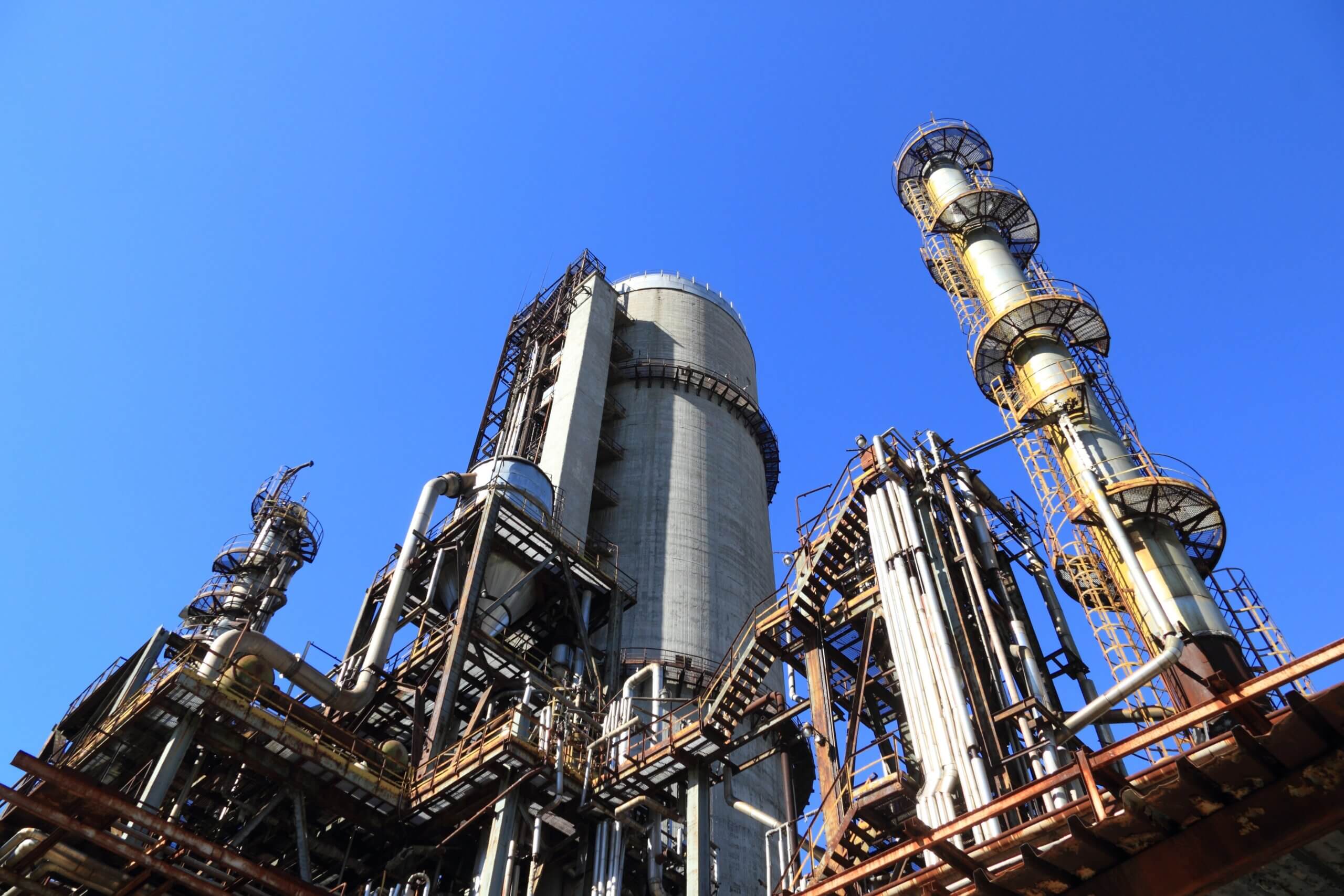“Deglobalization” has entered the narrative zeitgeist. But what’s happening on the ground? This weekly series seeks to answer that question with a round-up of deglobalization developments from the week that’s done.
1. The President of Japan’s Kyocera (OTCPK:KYOCF) told the Financial Times that China is no longer an option as the world’s factory: “The business model of producing in China and exporting abroad is no longer viable.”
2. Japanese trading house Sumitomo Corporation plans to bypass China in EV rare earth supply chains, substituting US and Southeast Asian companies for rare earth production.
3. And it goes both ways: Chinese state-owned automaker GAC is seeking China-made chips to ease dependence on foreign suppliers. According to a GAC Capital manager, the company’s research shows that of the roughly 1,000 chips installed in the average GAC vehicle, 408 could be replaced with silicon made on the Chinese mainland.
4. A South Korea court found seven former Samsung employees guilty of illegally obtaining and transferring semiconductor-related technology to Chinese companies. The former researchers were sentenced to between two and four years in prison; the case and ruling underscore newly aggressive efforts among US allies to protect the semiconductor value chain.
5. Hopes of a reopening rally in China are faltering as foreign investors scale back their purchases of Chinese stocks, driven by concerns about falling cargo shipment and lackluster sales of homes and cars. The CSI 300 equities index jumped 19.47% in the three months ending in January – but then slipped 2.94% in February.
6. Last year, China and the US reached what was deemed a pathbreaking deal allowing US audit inspections on hundreds of US-listed firms. But now, Beijing is urging State-owned enterprises to use local auditors – rather than the Big Four – when contracts expire, citing concerns about data security.
7. The US Department of Justice and Commerce Department have created a “Disruptive Technology Strike Force” to step up enforcement and prosecution of export control violations, including those related to supercomputing, artificial intelligence, advanced manufacturing equipment and materials, quantum computing, and biosciences.
(Photo by Pexabay/Pexels)




